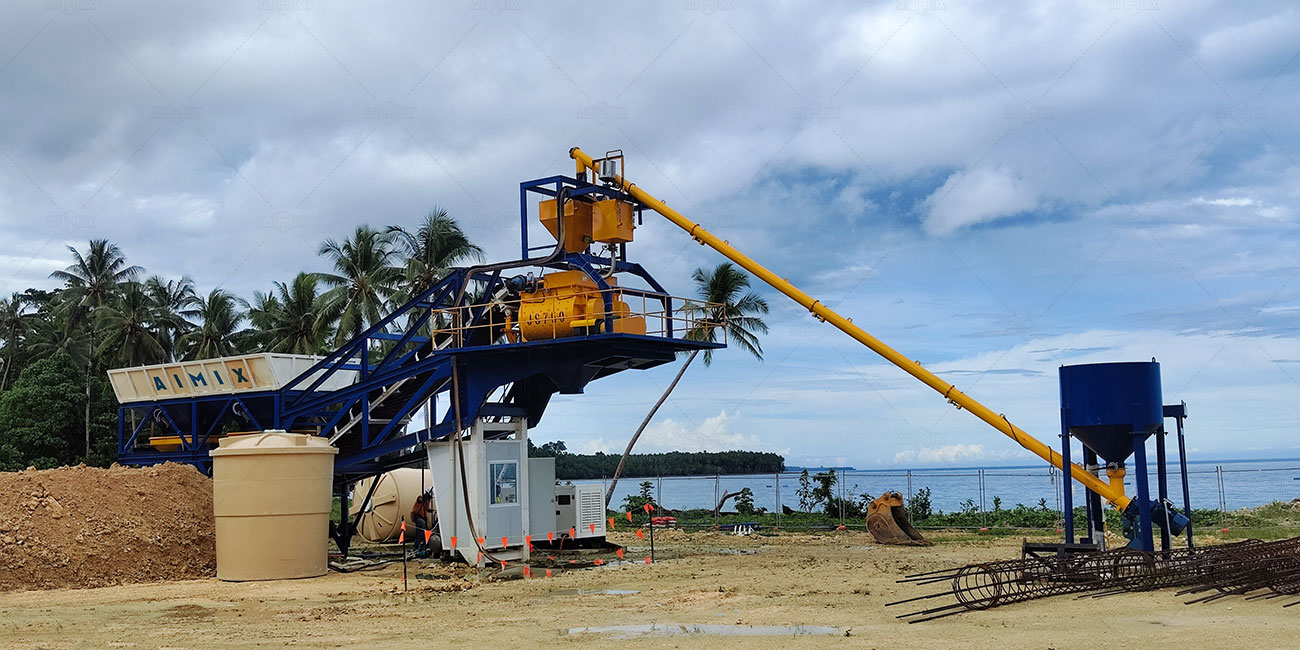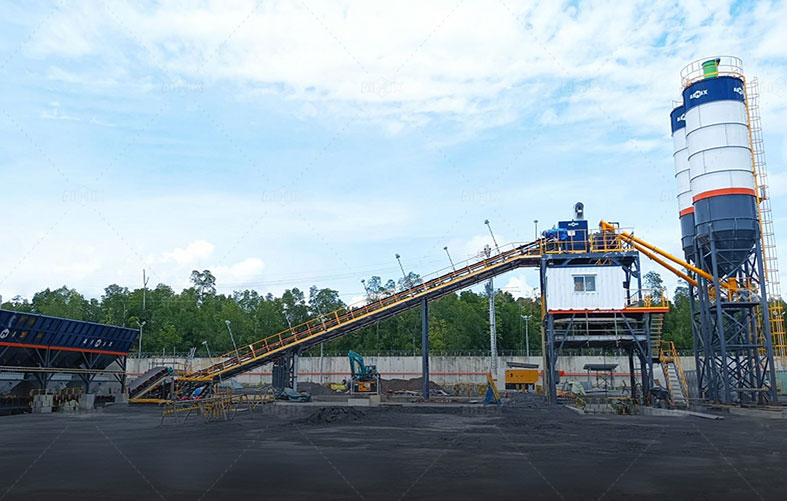The selection between commercial and engineering-grade stationary concrete batching plants represents a critical decision that impacts not only immediate project capabilities but long-term operational flexibility and profitability. These permanent installations differ fundamentally in their design philosophy, operational parameters, and performance characteristics, each optimized for specific market segments and production requirements. Understanding these distinctions enables contractors and concrete producers to make informed investments that align with their business objectives and project portfolios.
Commercial plants typically prioritize cost-efficiency and versatility for producing concrete for buildings, pavements, and general construction, while engineering-grade plants focus on precision, durability, and specialized capabilities for infrastructure projects, heavy industrial applications, and high-specification concrete production. The divergence between these categories extends beyond mere production capacity to encompass control systems, material handling precision, durability specifications, and compliance requirements that collectively determine a concrete batching plant‘s suitability for particular applications.

Commercial Stationary Plants: Versatility for Volume Production
Design Philosophy and Operational Characteristics
Production Efficiency and Cost Optimization
Commercial stationary plants excel at high-volume production of standard concrete grades with rapid batch cycling capabilities. Their design emphasizes operational simplicity, ease of maintenance, and energy efficiency while maintaining consistent output quality for common construction applications. These stationary batching plants typically feature modular components that allow for future expansion or reconfiguration as business needs evolve, providing flexibility without requiring complete system replacement.
Control Systems and Automation Level
The automation systems in commercial plants balance sophistication with user-friendliness, featuring intuitive interfaces that enable operators to manage production without extensive specialized training. While capable of storing numerous mix designs and producing comprehensive batch reports, these systems prioritize operational simplicity over the extreme precision required for engineering-grade applications. This approach reduces both initial investment and ongoing operational complexity.
Engineering-Grade Plants: Precision for Critical Applications
Technical Specifications and Performance Requirements
Measurement and Dispensing Accuracy
Engineering-grade plants incorporate precision measurement systems with tolerances exceeding industry standards for commercial applications. Gravimetric weighing systems maintain accuracy within ±0.5% for cementitious materials and ±1% for aggregates, ensuring consistent compliance with rigorous concrete specifications. These tight tolerances prove essential for structural elements where strength consistency directly impacts safety factors and design performance.

Durability and Component Specifications
Every component in engineering-grade plants reflects enhanced durability requirements, from heavy-duty mixers with wear-resistant linings to industrial-grade sensors and control systems designed for continuous operation in demanding environments. The structural design incorporates higher safety factors and more robust construction to withstand years of high-intensity operation without performance degradation, particularly important for infrastructure projects with extended timelines.
Selection Criteria and Application Alignment
Matching Plant Capabilities to Project Requirements
Commercial Application Considerations
For ready-mix producers serving residential and commercial markets, commercial ready mix plants typically provide the optimal balance of performance and economics. Their capabilities align well with producing standard concrete grades (typically up to 5000 psi) for foundations, slabs, and structural elements in building construction. The flexibility to quickly change between common mix designs and the ability to maintain production during peak demand periods often outweigh the need for extreme precision.
Engineering Project Requirements
Infrastructure projects including bridges, dams, tunnels, and high-rise structures demand engineering-grade plants capable of producing specialized concrete mixes with exacting specifications. These applications require consistent production of high-performance concrete with precise water-cement ratios, controlled slump retention, and exact admixture dosing. The ability to document every batch to rigorous quality standards becomes essential for compliance with engineering specifications and regulatory requirements.
Investment Analysis and Operational Implications
Cost-Benefit Considerations
Capital and Operational Expenditure
The investment differential between commercial and engineering-grade wet mix concrete batching plant typically ranges from 30-60%, reflecting the enhanced components, control systems, and structural requirements of engineering specifications. This premium must be justified through either specialized application requirements or operational benefits that enhance profitability through reduced downtime, lower maintenance costs, or the ability to command premium pricing for high-specification concrete.
Long-Term Value and Adaptability
Engineering-grade plants often demonstrate superior long-term residual value and adaptability to changing market conditions. Their robust construction typically results in longer service life and greater resistance to obsolescence, particularly important in regions with evolving environmental regulations or changing construction methodologies. The precision capabilities also provide flexibility to enter specialized markets that may be inaccessible with commercial-grade equipment.
The choice between commercial and engineering-grade stationary batching plants ultimately reflects strategic business positioning rather than merely technical specifications. Commercial plants serve effectively for producers focused on volume production of standard concrete mixes, while engineering-grade installations provide the capabilities required for specialized applications and infrastructure projects. The most successful concrete producers carefully analyze their target markets, project portfolios, and growth strategies before making this critical investment, recognizing that the right plant serves not just as production equipment but as a foundation for business development and market differentiation.
